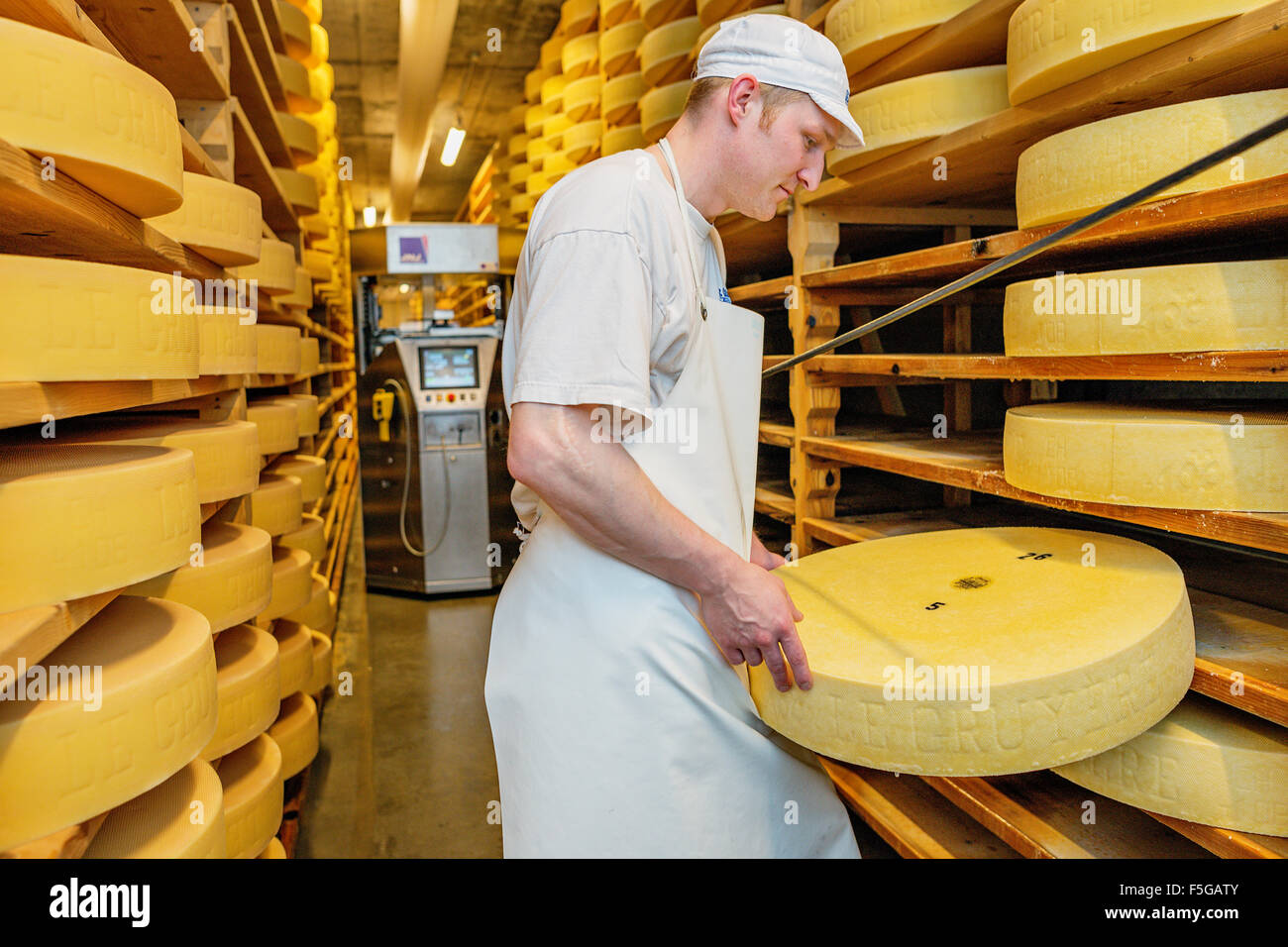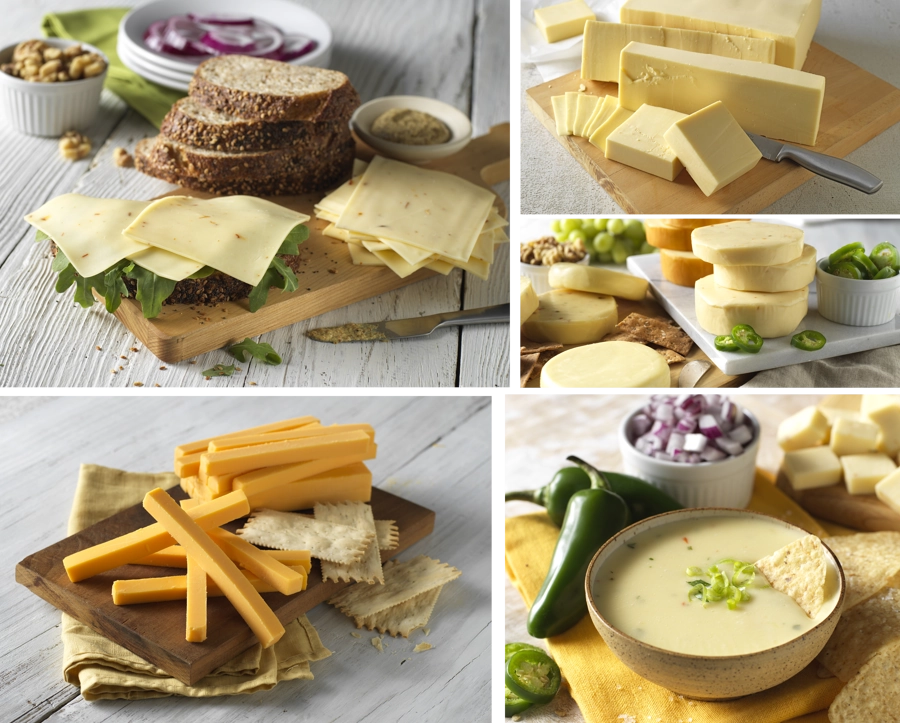Get High Quality Cheese for Sale Online Melbourne's Best
Get High Quality Cheese for Sale Online Melbourne's Best
Blog Article
An In-Depth Check Out Cheese Production: Ingredients, Methods, and the Future of Artisan Cheeses
The intricate procedure of cheese manufacturing is a remarkable convergence of art and scientific research, where high-grade milk, rennet, and details bacterial societies offer as foundational elements. As the industry progressively focuses on sustainability and transparency, the future of artisan cheeses promises to show both heritage and progression.
Key Components in Cheese Manufacturing
A variety of crucial ingredients play a critical duty in cheese production, each adding to the end product's flavor, structure, and personality. The primary component in cheese is milk, which can originate from numerous resources, consisting of cows, goats, and sheep - cheese for sale online. The type of milk utilized significantly affects celebrity's preference and consistency; as an example, cow's milk usually generates creamier cheeses, while goat's milk usually produces tasty selections
Another essential ingredient is rennet, an enzyme made use of to curdle the milk, separating it into curds and whey. The resource of rennet can be animal, veggie, or microbial, each passing on distinct features to the cheese.
Salt not only improves the flavor but additionally functions as a preservative, hindering the growth of unwanted germs. Furthermore, various flavor agents, such as herbs, seasonings, or perhaps smoked wood, can be contributed to produce unique artisanal cheeses. Together, these ingredients create the structure of cheese production, establishing the stage for diverse and abundant cheese ranges.
Traditional Cheese-Making Methods
Utilizing typical cheese-making methods, craftsmens all over the world maintain time-honored approaches that have been given with generations. These techniques frequently stress using premium, locally sourced milk, which is main to the distinct flavors and textures of artisanal cheeses. The procedure usually starts with the careful home heating of milk, followed by the enhancement of cultures and rennet to help with coagulation.
As soon as the curds create, they are cut, enabling whey to drain, a vital step that affects moisture web content and structure. Salting is an important element of this process, boosting flavor while also acting as a preservative.
Aging, or affinage, is another important part, throughout which cheeses establish their characteristic aromas and preferences. Artisans may employ particular aging settings, using humidity and temperature controls to refine celebrity's account. The dedication to these standard techniques not only supports local economic climates however likewise contributes to the rich variety of cheese selections located internationally, commemorating social heritage and artisanal workmanship.
Modern Technologies in Cheese Manufacturing
How have technological innovations transformed cheese production in the last few years? The combination of modern innovation has transformed both the efficiency and top quality of cheese production. Automation in various phases of the process-- from curd development to product packaging-- has enhanced uniformity while minimizing labor costs. Automated curd reducing and mixing systems enable for precise control over structure and moisture degrees, crucial aspects affecting the final item.
Additionally, developments in microbiology have actually made it possible for cheesemakers to choose particular microbial cultures and enzymes, enhancing flavor accounts and boosting rack life. The use of sensor innovation for keeping track of fermentation problems has actually additionally become widespread, permitting for real-time adjustments to preserve ideal this post settings for cheese aging.

These advancements not just improve the quality and sustainability of cheese manufacturing however likewise encourage artisan producers to maintain conventional tastes while welcoming modern performance. As innovation proceeds to evolve, the future of cheese manufacturing looks promising, blending practice with advancement.
The Role of Terroir in Cheese
In the realm of cheese manufacturing, terroir plays an essential duty in defining the distinct characteristics of various cheeses. Terroir, a French term typically connected with white wine, encompasses the environmental variables that influence farming items, including dirt make-up, environment, and local vegetation and animals. In cheese-making, the special characteristics of the area where the milk is sourced can convey particular tastes and structures to the websites final product.
For instance, the grazing conditions of milk animals considerably impact the milk's structure, affected by the kinds of turfs and herbs offered in a particular location. This differs not just between countries yet also between regions within the same country. In addition, the microbial communities existing in the environment contribute to the fermentation processes, causing varied profiles in flavor and aroma.
Cheeses such as Roquefort, Parmigiano-Reggiano, and Cheddar exemplify just how terroir can form their identifications, making them distinctive and usually protected by geographical indications. As producers significantly recognize the relevance of terroir, there is a growing focus on sourcing regional active ingredients and keeping traditional techniques, guaranteeing that each cheese really shows its origin.

Future Patterns in Artisan Cheeses
A notable change is taking place in the craftsmen cheese sector, driven by developing consumer choices and technological advancements. Progressively, consumers are moving toward unique, high-grade products that stress both sustainability and regional sourcing - cheese makers melbourne. This trend is motivating artisan cheesemakers to innovate, concentrating on small-batch manufacturing and the use of conventional methods while incorporating modern innovation to enhance quality and safety and security
Furthermore, there is an expanding interest in plant-based and alternate milk products, pushing typical cheesemakers to check out brand-new avenues, such as cashew or almond-based cheeses. This change not just caters to dietary limitations but additionally aligns with click to find out more ecological problems relating to pet agriculture.
Additionally, transparency in sourcing and manufacturing procedures is becoming vital. Customers are more educated and demand traceability, triggering manufacturers to adopt more clear labeling techniques and take part in storytelling that highlights their methods and values.
Verdict
Finally, the intricate process of cheese manufacturing fuses conventional strategies with contemporary innovations, leading to a varied selection of tastes and appearances. The emphasis on top notch ingredients and the influence of terroir highlight the virtuosity involved in cheese production. As the market evolves, a focus on sustainability and openness will likely form the future of artisan cheeses, satisfying a progressively discerning consumer base that values credibility and craftsmanship in milk items.
Report this page